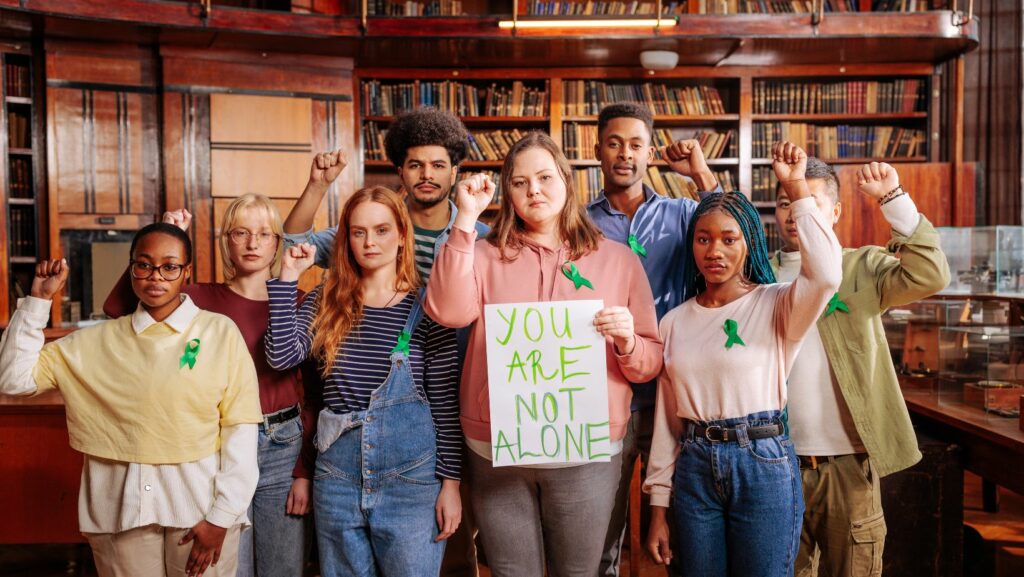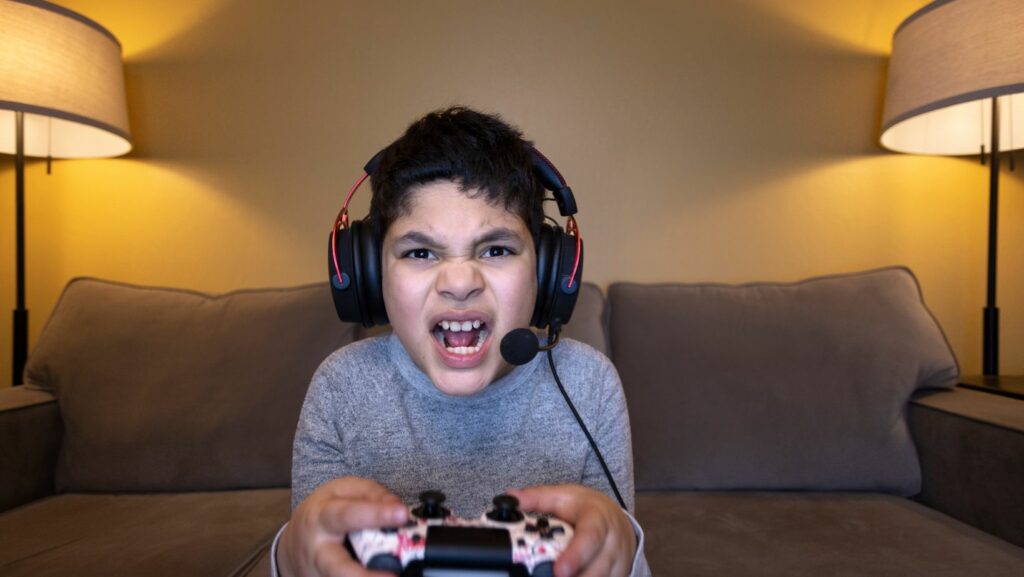Mental Health Games for Groups
Group games targeted at boosting mental health aren’t just enjoyable; they’re inherently therapeutic and educational. By incorporating these games, groups can create a supportive environment and foster positive mental health practices.
Effectiveness of group-based mental health games stems from their alignment with proven principles of psychology and human behavior.

Games incorporate elements of cognitive-behavioral therapy (CBT), a common and effective therapeutic approach, proven to combat an array of mental health disorders. A typical aspect of CBT is role-playing, for instance, which is a core component of many mental health games. Similarly, the interaction and communication fostered in these games echo principles of social learning theory, asserting people learn from observing others. By sparking discussions around mental health, these games can help participants learn coping mechanisms and understand different perspectives – valuable lessons rooted in psychological principles.
Mental health games can yield considerable benefits that aid in fostering resilience, empathy, and improved mental well-being. These games, by design, encourage open dialogue on mental health, reducing stigma and making it easier for individuals to share experiences and coping strategies. This level of openness can lead to increased self-awareness, promoting better heuristic understanding of emotions. Moreover, they also aid in stress reduction, as the shared experiences and group camaraderie that stem from these games offer a form of social support. This, in turn, acts as a buffer against stress, thus serving as a vital building block for positive mental health.
Selection of Appropriate Mental Health Games for Groups
Choosing the right mental health games for groups requires diligent assessment of group dynamics and consideration of specific selection criteria.
As the first step in selecting suitable mental health games for groups, understanding the dynamics and needs of the participants is crucial. These can include the size of the group, participants’ mental health histories, their needs for support or self-improvement, and their comfort levels with group activities. For instance, a group with severe anxiety disorders might need games centered around stress management and relaxation techniques.

On the other hand, a group focusing on improving emotional intelligence might benefit from games encouraging empathy and emotional self-awareness. In all cases, the chosen games must be sensitive to these requirements and tailored to the specific needs of the group.
Once group dynamics and needs are discerned, honing in on games becomes a task with specific selection criteria. Safeguarding participant well-being is paramount; thus, games must ensure emotional safety and respect confidentiality. Also, the engagement factor is vital. Games that encourage interactive participation, while remaining accessible and easy to understand, enhance group cohesion and fulfillment. Moreover, the games should incorporate elements of self-reflection, emotional resilience, and empowerment of participants. For example, games like “What’s the Scenario?” and “Strength Cards” fulfill these criteria, fostering emotional growth and resilience, while being interactive and engaging. Lastly, the games must be adaptable to various settings and group sizes, reinforcing their versatility and ease of implementation.
Remembering these factors ensures the selection of appropriate mental health games for groups, promoting communal support, personal growth, and mental wellness.
Top Mental Health Games for Different Groups
When considering mental health games for adults, leaders prioritize the needs of a mature audience. Games such as “Mind Your Mood” and “Trigger-Coping Challenge” often generate insightful discussions regarding emotional balance and stress management. “Mind Your Mood”, for example, endorses emotional self-awareness, allowing players to familiarize themselves with previously unidentified feelings. “Trigger-Coping Challenge”, on the other hand, ascertains personal stress triggers and offers coping mechanisms. Such games, and others like them, promote self-awareness, resilience, and emotional intelligence among adults.

Incorporating mental health education in a fun way becomes a crucial aspect when designing games for adolescents. Beneficial games, like “Emotion-ary” and “Bounce Back”, could facilitate adolescents’ understanding of their emotions. “Emotion-ary”, a play on “dictionary”, invites adolescents to articulate their feelings creatively, while “Bounce Back” pushes adolescents to explore resilience by redefining challenging situations into positive ones. These games are instrumental in nurturing emotional intelligence and fostering emotional growth among teens.
For senior groups, games focusing on memory enhancement and emotion management are often preferred. Games such as “Remember When” and “Say It Out Loud” are often mentioned in this regard. “Remember When” allows seniors to recall positive memories and share them, promoting cognitive stimulation. “Say It Out Loud”, meanwhile, encourages expression and recognition of both pleasant and challenging emotions, fostering emotional health and well-being.



